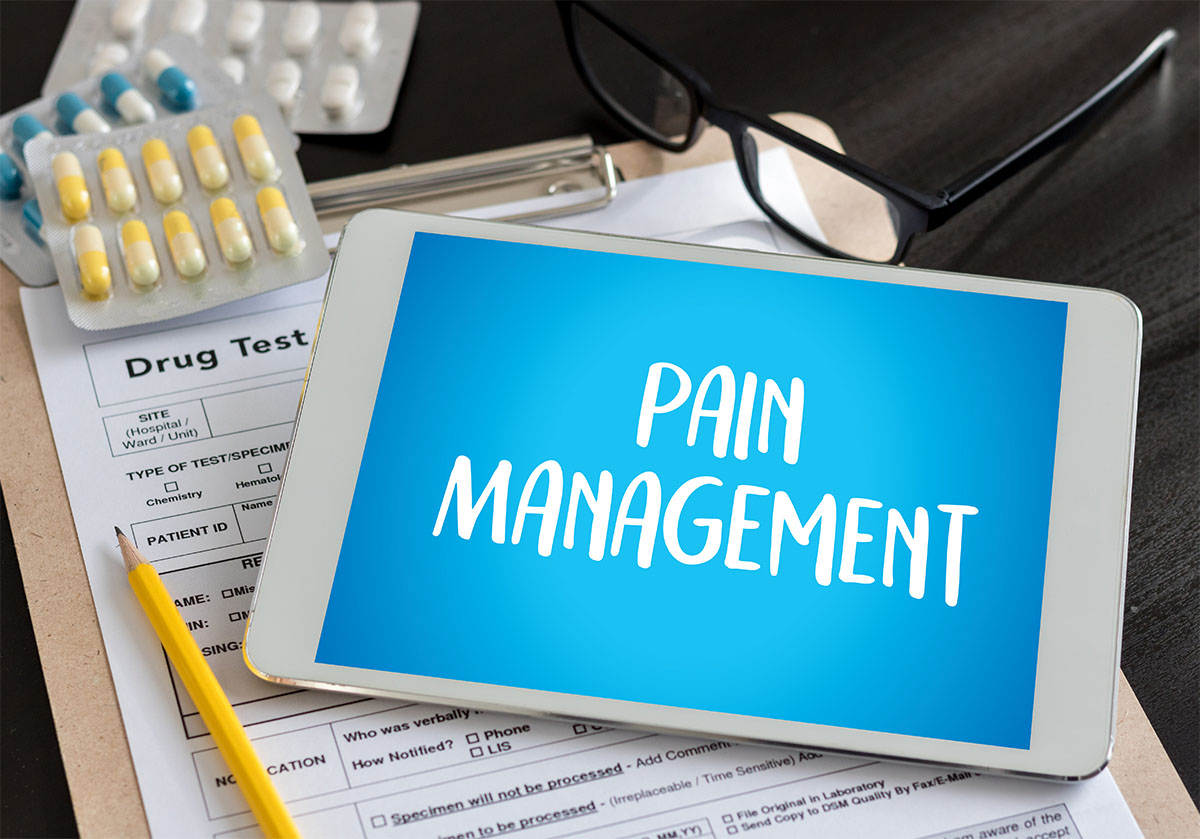
Image Source- Google
Continuing Medical Education (CME) courses are essential for healthcare professionals looking to stay updated with the latest advancements in their field. For those specializing in pain management, ongoing education is crucial to ensure they are equipped with the knowledge and skills needed to provide the best possible care to their patients. You may follow this website for updates on upcoming pain management CME courses.
In this guide, we will explore some of the top CME courses in pain management that healthcare professionals can take to enhance their practice.
Why Pain Management CME Courses are Important
Effective pain management is a critical aspect of patient care, especially in a time where chronic pain affects millions of individuals globally. CME courses in pain management help healthcare professionals stay current with evidence-based practices, emerging treatments, and best practices for pain relief. By participating in these courses, healthcare professionals can:
- Enhance their understanding of pain physiology
- Learn about new pharmacological and non-pharmacological treatment options
- Develop strategies for managing complex pain conditions
- Improve patient outcomes and satisfaction
Top Pain Management CME Courses
1. American Academy of Pain Management (AAPM)
The AAPM offers a variety of CME courses focused on pain management, catering to healthcare professionals across different specialties. Some of the topics covered in their courses include:
- Chronic pain assessment and management
- Interventional pain procedures
- Opioid prescribing practices
- Psychosocial aspects of pain
2. American Society of Regional Anesthesia and Pain Medicine (ASRA)
ASRA provides CME courses that focus on regional anesthesia and acute and chronic pain management. Healthcare professionals can benefit from courses that cover:
- Ultrasound-guided pain interventions
- Advanced regional anesthesia techniques
- Pain management in special populations
3. Pain Medicine CME Courses from Universities
Several universities offer online CME courses in pain medicine that cover a wide range of topics, including:
- Neuropathic pain management
- Cancer pain management
- Pediatric pain management
- Pain management in palliative care
Benefits of Taking Pain Management CME Courses
Participating in pain management CME courses can offer numerous benefits to healthcare professionals, including:
- Keeping up-to-date with the latest advancements in pain management
- Enhancing clinical skills and knowledge
- Meeting licensure requirements and maintaining board certification
- Improving patient outcomes and satisfaction
How to Choose the Right Pain Management CME Course
With numerous pain management CME courses available, it can be challenging to determine which course is right for you. Here are some factors to consider when choosing a CME course:
1. Relevance to Your Practice
Look for courses that align with your clinical practice and areas of interest within pain management.
2. Accreditation
Ensure that the CME course is accredited by a recognized accrediting body to ensure the quality and credibility of the content.
3. Learning Format
Consider whether you prefer online courses, live webinars, or in-person conferences based on your learning style and schedule.
4. Course Content
Review the course curriculum to ensure it covers the topics that are most relevant and beneficial to your practice.
5. Cost and Value
Compare the cost of the course with the value it provides in terms of knowledge gained and CME credits earned.
Conclusion
Continuing Medical Education courses in pain management are essential for healthcare professionals to stay current with best practices and advancements in the field. By participating in these courses, healthcare professionals can enhance their clinical skills, improve patient outcomes, and maintain licensure requirements. When choosing a pain management CME course, it is important to consider factors such as relevance to your practice, accreditation, learning format, course content, and cost. Investing in ongoing education through CME courses is an investment in your professional development and the quality of care you provide to your patients.
